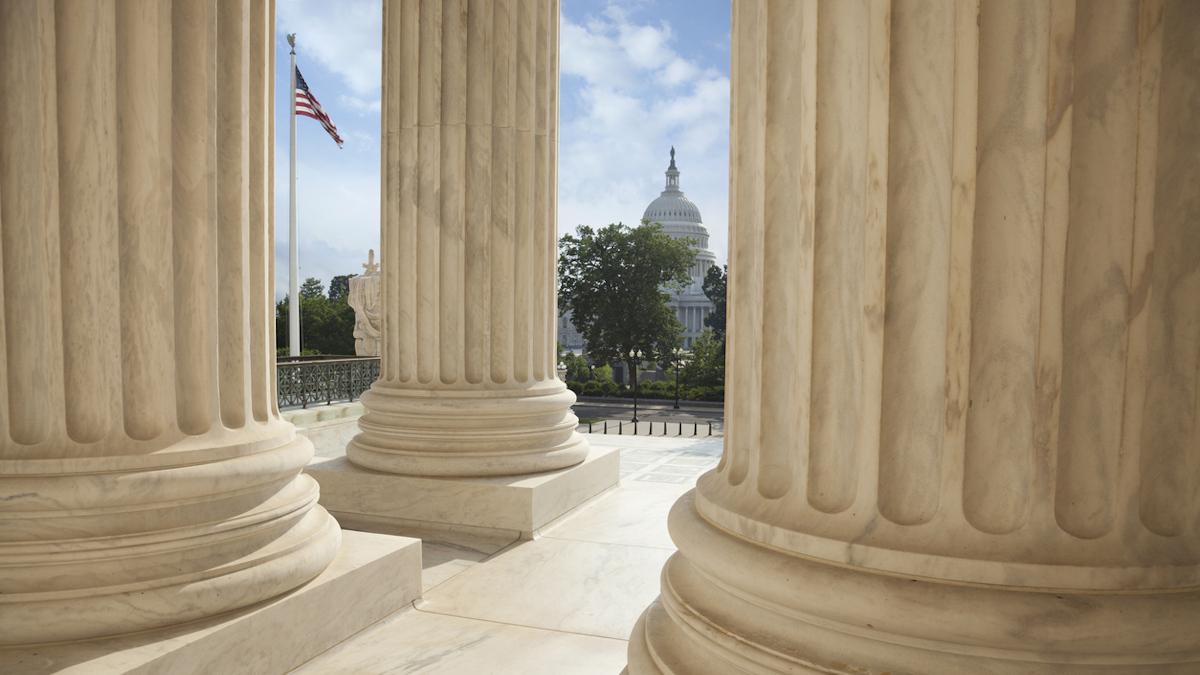Drug firms fight US government's Iraq corruption probe

Major drug companies have denied any involvement in corruption that allegedly led to medical supplies being used to fund attacks against US soldiers in Iraq.
The denial comes in the wake of the US Department of Justice making inquiries into whether AstraZeneca, Roche, Johnson & Johnson, Pfizer and General Electric were aware that drugs and medical equipment given to the Iraqi government were used for nefarious reasons.
The companies all refute the allegations.
A lawsuit brought by relatives of US soldiers killed or wounded in Iraq between 2005 and 2009 claims that supplies were sold on the black market with proceeds used to pay for weapons used against American forces.
Iraq’s health ministry, which at the time was under the control of the radical Shiite cleric Moktada al Sadr, leader of the Mahdi Army, is alleged to have “relied on corruption” in order to fund terror activities.
A joint statement issued by the pharmaceutical firms said: “The companies have great respect for the individuals who served in the Iraq War and profound sympathy for those who suffered injuries or losses; however, they are not responsible in any way for these events.
“Plaintiffs’ attempt to impose liability on the companies for providing life-saving medicines and medical equipment to the Iraqi healthcare authorities for use by the civilian population in Iraq, at a time when the US government was itself helping to rebuild Iraq’s public healthcare system, is baseless.”
Similarly, Johnson & Johnson told pharmaphorum: “With respect to the complaint and as we have previously stated, we strongly deny the allegations and have filed a motion to dismiss the civil complaint.
“Johnson & Johnson has been supporting the US military and service members for more than 115 years, investing significant time and financial resources into specialised research and programmes that help them and their families. Our companies, which employ many veterans and reservists, develop products that are critical in meeting the healthcare needs of people all around the world.”
J&J added that the US did not classify Iraq’s Ministry of Health as a foreign terrorist organisation but, as part of its foreign policy to rebuild Iraq, the US government in fact supported the Ministry of Health and encouraged companies to do business with them.
“As such, our companies proceeded with supplying lifesaving treatments to help Iraqi physicians treat their civilian population. We will vigorously defend our position against these false allegations.”












